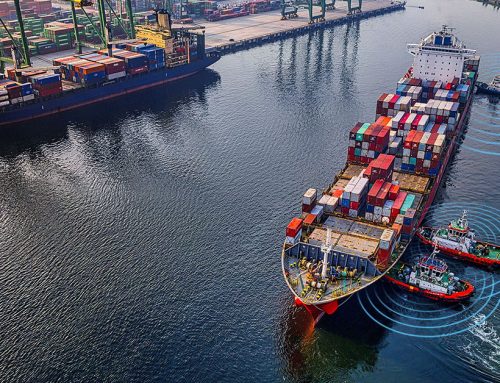
If you run a fleet, you would know that fuel is often one of the biggest expenses for commercial fleets despite the great advances in fleet technology. Therefore, an effective remedy to combat this challenge and reduce operational costs is to use a fuel management system.
A fuel management system is part of the fleet management system that uses GPS technology to automatically produce various types of reports and graphs based on the distance travelled by the vehicle from point A to point B. These graphs and reports are extremely useful to fleet owners as they help to identify different technical and abnormal activities, like fuel draining, fuel fraud, and fuel over-consumption. Learn more about the importance of a good fuel management system in this article.
Encourage good driving habits among drivers
How your drivers drive their vehicles can directly impact the fuel consumption of your fleet. As fleet engines are optimised to travel according to the speed limit, speeding often leads to wasted fuel. A fuel management system will be able to identify and track speeding vehicles and hard acceleration or braking. This information would help fleet managers understand and support good driving habits across your fleet.
Another way to promote good driving habits and improve fuel efficiency through a fuel management system is by reducing idle time. Long-haul trucks often stay idle for 6 – 8 hours a day, especially for larger fleets, this long idle time can be a huge waste of fuel, incurring significant expenses.
Fleet managers can then identify abnormal activities by obtaining vehicle-specific data on idling and driving behaviour from measuring changes over time with fuel and trend reports. The fuel management data can also help point out drivers who would need coaching, allowing fleet managers to enhance safety in their fleet management operations.

Enhance fuel efficiency through proper vehicle maintenance
Every vehicle needs to be regularly serviced and maintained to ensure optimal performance and fuel efficiency. Non-engine maintenance practices like ensuring the tires are properly aligned and filled according to their ideal pressure can also improve fuel efficiency by minimising rolling resistance.
Getting drivers to maintain their own vehicles and communicate potential driving issues can be quite challenging for fleet managers. However, thanks to a fuel management system, fleet managers can receive instant notifications from real-time diagnostic alerts on faulty engines and work on them immediately to reduce fuel consumption and future maintenance cost.
Promote greater sustainability
Where climate change and global warming grow rampant, promoting sustainability goes beyond saving costs, it is now a social responsibility. Taking care of our environment through the work that we do is one way to show our employees and customers that our brand cares about the future of our communities.
Improving your fleet’s fuel management can both lower your brand’s impact on the environment and improve customer satisfaction as customers care about the carbon footprint of their purchases. So one way you can retain customers is by running a green fleet with an automated fuel management system.
No doubt, a fuel management system provides numerous benefits that can be extremely helpful to businesses that rely on a fleet of vehicles. Arming yourself with a proper fuel management system that provides you with accurate, real-time data that can take your business to the next level.
At Guardian SEA, we provide you with an innovative and comprehensive fleet management system, including the fuel management system that will help you get the relevant data you need to make an informed decision and maximise the efficiency of your fleet. Check out the Guardian SEA’s website to know more today!








